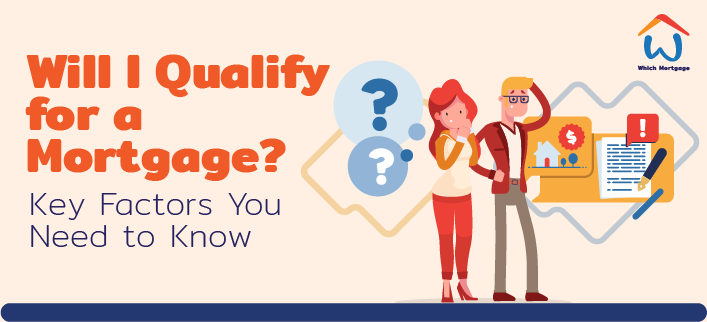
Will I Qualify for a Mortgage? Key Factors You Need to Know
2024-03-14You and your partner are looking to buy your first home. You've done some research and you've found your dream home. The purchase price for the home is €400,000 and you're unsure if you will qualify for a mortgage to buy the home.
Here are the key factors you need to know:
-
Deposit and Income Requirements
First time buyers are subject to loan-to-value (LTV) and loan-to-income (LTI) limits. LTV limits require you to have a minimum deposit of 10% of the purchase price of the home, while LTI limits allow you to borrow up to 4 times your joint annual incomes. To afford a home of €400,000, you need a €40,000 deposit and a mortgage of €360,000, meaning your joint annual income must be a minimum of €90,000.
-
Government Support Schemes
If you are unable to meet deposit and income requirements, government supports like the Help to Buy (HTB) Scheme and First Home Scheme (FHS) can provide valuable assistance. The HTB helps you accumulate a deposit and the FHS assists those on modest incomes overcome funding gaps between their deposit, mortgage, and property purchase price. Depending on the level of assistance you need, you can use both schemes to fund your home purchase.
-
Financial Habits and Affordability
When assessing if you qualify for a mortgage, a lender's main concern is your ability to afford mortgage repayments. They will assess this based on the following factors:
-
- Income: a lender will view you as a good candidate when you demonstrate that you have a steady income and that you are in full-time employment or self-employed.
- Expenses: in assessing your ability to afford mortgage repayments, a lender will look at your monthly living expenses because you will continue to pay these expenses alongside your mortgage repayments.
- Savings: regular savings shows a lender that you are responsible with your finances and this could make the lender view you as a favourable candidate for a mortgage.
- Existing loans: excessive debt may impact your borrowing capacity as a lender may perceive you as higher risk. You are not required to be debt free when applying for a mortgage, but it may work in your favour to reduce your debt as much as possible before submitting your mortgage application.
- Credit history: a good credit history will strengthen your application. However, if you have concerns about your credit history, discuss this with your mortgage broker so that we can advise you on how to get your credit history back on track - which typically takes up to 6 months.
Qualifying for a mortgage essentially depends on financial readiness and demonstrating responsible financial habits. By understanding deposit requirements, income considerations, and maintaining good financial habits, you can enhance your eligibility for a mortgage.
Start your preparation early, gather necessary documents, and explore government support schemes to better your chances of securing a mortgage to buy your dream home.
More Questions?
Talk to one of our mortgage specialists now!
BOOK AN APPOINTMENT


